Septic Tank Maintenance: What You Need to Know
If you have a septic tank on your property, it's important to keep it well-maintained. A septic tank that isn't properly cared for can lead to a number of problems, including sewage backups and leaks, which can be expensive and messy to deal with.
Luckily, septic tank maintenance isn't difficult or time-consuming, as long as you know what to do. In this blog post, we'll give you a rundown of everything you need to know about septic tank maintenance, from how often to pump your tank to what kinds of chemicals you should avoid. Read on to learn more!
1. Septic Tanks Should Be Inspected and Pumped on a Regular Basis
Your septic tank is a vital part of your home’s plumbing system, and it is important to keep it in good working order. Septic tanks should be inspected and pumped on a regular basis to remove the build-up of sludge and scum.
This build-up can cause your septic tank to malfunction, leading to expensive repairs. In addition, regular maintenance will help to prolong the life of your septic tank. There are a few simple things you can do to keep your septic tank in good condition.
First, be sure to use water sparingly to reduce the amount of wastewater that enters the tank. Second, avoid putting harsh chemicals down the drain, as these can damage the bacteria that break down waste in the tank. Finally, have your septic tank inspected and pumped every two to three years by a licensed professional.
By following these simple tips, you can keep your septic tank in good working order for many years to come.
2. Inspect Your Septic Tank for Signs of Damage or Leaks
Your septic tank is one of the most important components of your home’s plumbing system. A properly functioning septic tank helps to protect your drinking water from contamination and prevents sewage backup into your home. While septic tanks are typically maintenance-free, there are a few things you need to do to keep them in good working order. One of the most important things you can do is to have your septic tank inspected regularly for signs of damage or leaks. Here are a few things to look for during your inspection:
• Check the tank for any cracks or holes. These can be caused by tree roots, shifting soil, or heavy rains.
• Look for any signs of water pooling around the tank or in the yard above it. This could be an indication that the tank is leaking.
• Check the effluent level in the tank. If it is too high, this could mean that the tank is full and needs to be pumped.
By performing regular inspections, you can catch problems early and prevent expensive repairs down the road.
3. Don’t Put Anything Down Your Drain That Isn’t Designed to Go Down the Drain
Most people are familiar with the basic mechanics of their plumbing - water goes in, waste goes out. However, few people know much about what happens in between. septic tanks are large, underground containers that collect and treat wastewater from your home.
They are typically used in areas where there is no access to a city sewer system. While septic tanks are designed to be virtually maintenance-free, there are a few things you can do to help keep them running smoothly.
One of the most important things to remember is that septic tanks rely on bacteria to break down waste. As a result, it's important not to put anything down your drain that isn't designed to go down the drain.
This includes cooking grease, coffee grounds, and paper towels. In addition, you should avoid using chemical cleaners as they can kill the helpful bacteria in your septic tank. By following these simple tips, you can help keep your septic tank running smoothly for years to come.
4. Avoid Flushing Non-biodegradable Items Like Sanitary Napkins, Cotton Balls, and Baby Wipes
When it comes to septic tank maintenance, there are a few key things to keep in mind.
First and foremost, it’s important to avoid flushing non-biodegradable items like sanitary napkins, cotton balls, and baby wipes. These items can clog up the system and cause serious problems.
Second, you need to be sure to have your tank pumped regularly. Depending on the size of your tank and the number of people in your household, you may need to have it pumped every two to three years.
Finally, you should always use environmentally-friendly cleaners and detergents. This will help to protect the delicate balance of your septic system. By following these simple tips, you can help to keep your septic system in top working condition.
5. Make Sure Your Septic Tank Is Properly Covered to Avoid Contamination and Prevent Flooding
A septic tank is a watertight chamber made of concrete, fiberglass, or plastic, and it’s used as a primary treatment system for sewage. The tank is designed to break down solid waste and remove harmful contaminants before they enter the environment.
Septic tanks are usually buried underground, and they’re often found in rural areas where there’s no access to a municipal sewer system. If you have a septic tank on your property, it’s important to maintain it properly to avoid contamination and prevent flooding.
One of the most important things you can do is make sure the tank is properly covered. This will keep out rainwater and surface runoff, which can overwhelm the system and cause sewage to back up into your home.
It’s also important to have your septic tank pumped regularly to remove any solid waste that has accumulated. By following these simple tips, you can help keep your septic tank working properly for years to come.
6. Keep Trees and Bushes Trimmed Away From Your Septic Tank System to Avoid Clogging the Lines
As any homeowner with a septic tank system knows, proper maintenance is essential to keeping the system working properly. One key aspect of septic tank maintenance is ensuring that trees and bushes are trimmed away from the system.
The roots of these plants can quickly grow into and clog the lines, causing serious problems. In addition, these plants can also provide shelter for rodents and other animals that can damage the system.
Therefore, it is important to keep them trimmed back to help prevent problems down the line.
7. If You Have Any Questions About Septic Tank Maintenance, Don’t Hesitate to Call a Professional
A septic tank is a key component of any home that is not connected to a municipal sewer system. These tanks are designed to hold sewage and wastewater from the home so that it can be properly treated before being released into the environment.
While septic tanks are typically low-maintenance, they do require some care in order to function properly. Here are a few things you need to know about septic tank maintenance:
● Septic tanks should be pumped every three to five years, depending on the size of the tank and the number of people living in the home.
● The tank should be inspected every year to ensure that there are no cracks or leaks.
● The effluent level in the tank should be monitored so that it does not become too full. This can lead to backups and overflows.
● It is important to keep tree roots and other plants clear from the drain field. These roots can damage the piping and cause blockages.
If you have any questions about septic tank maintenance, don't hesitate to call a professional. They will be able to help you ensure that your tank is functioning properly and help you avoid any potential problems.
Maintaining your septic tank is essential to keeping it functioning properly. By following these simple tips, you can help ensure that your septic system lasts for years to come. If you have any questions about septic tank maintenance, don't hesitate to call a professional.
H&H Plumbing Heating & Air is a great company to call for any of your septic needs. Give us a call today!
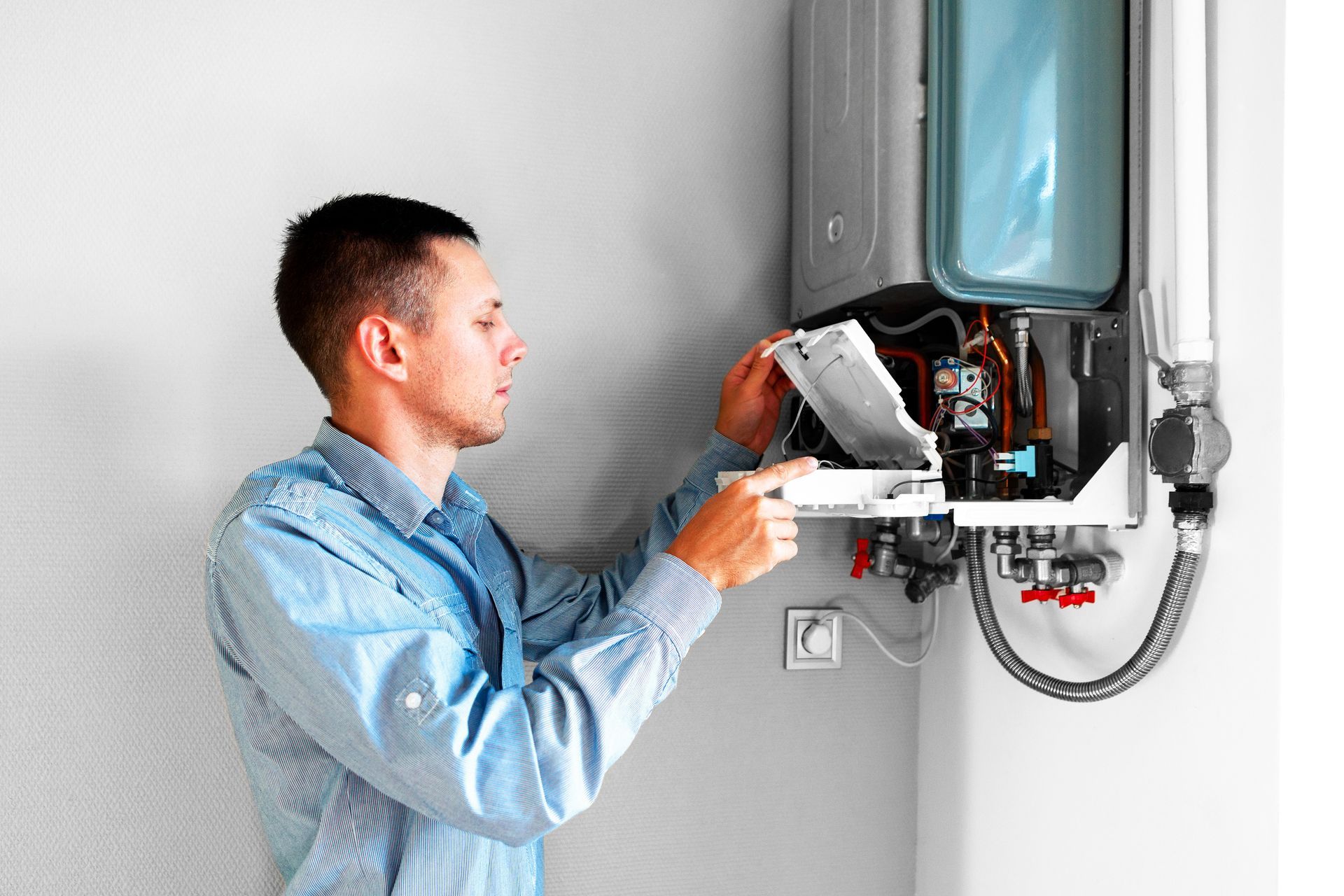

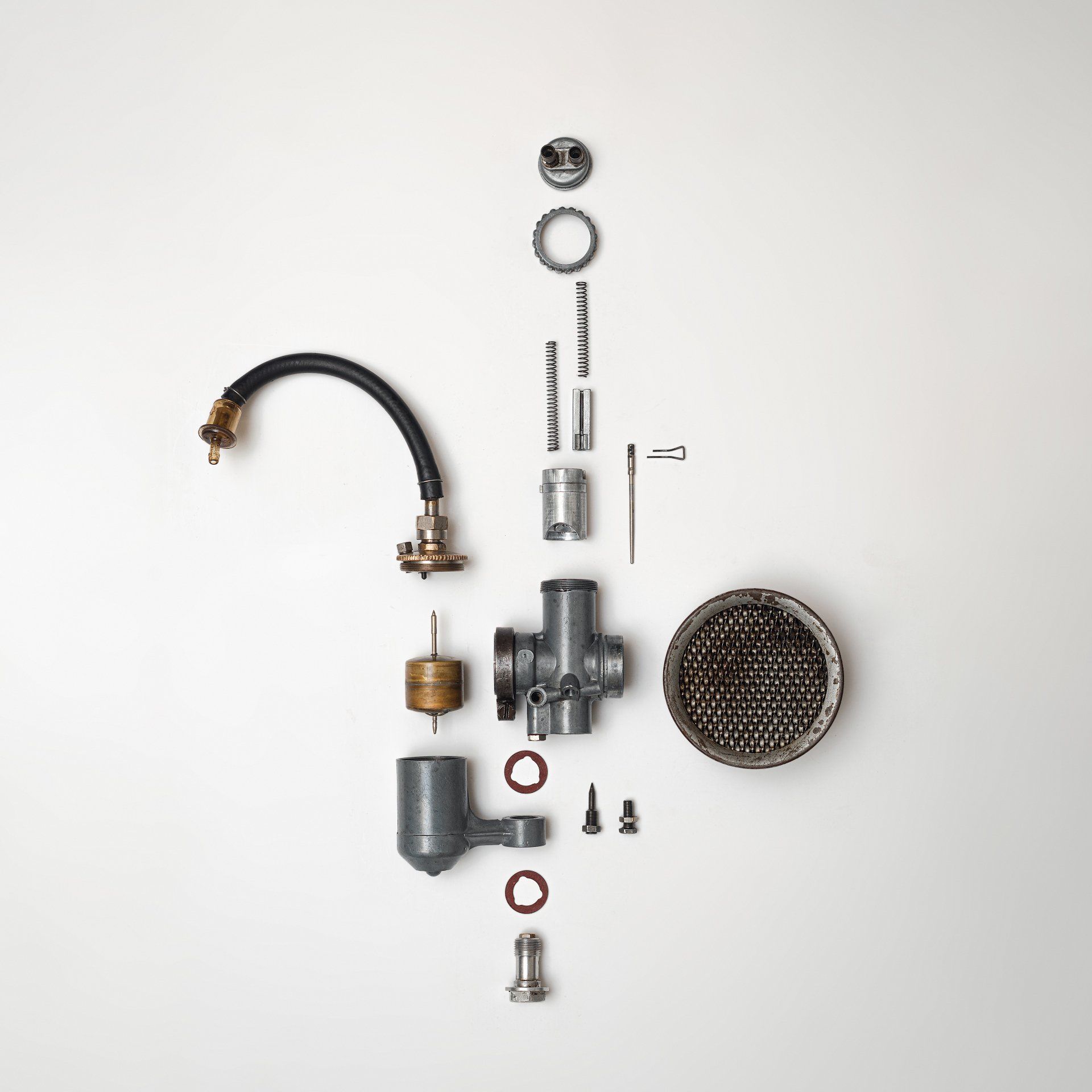
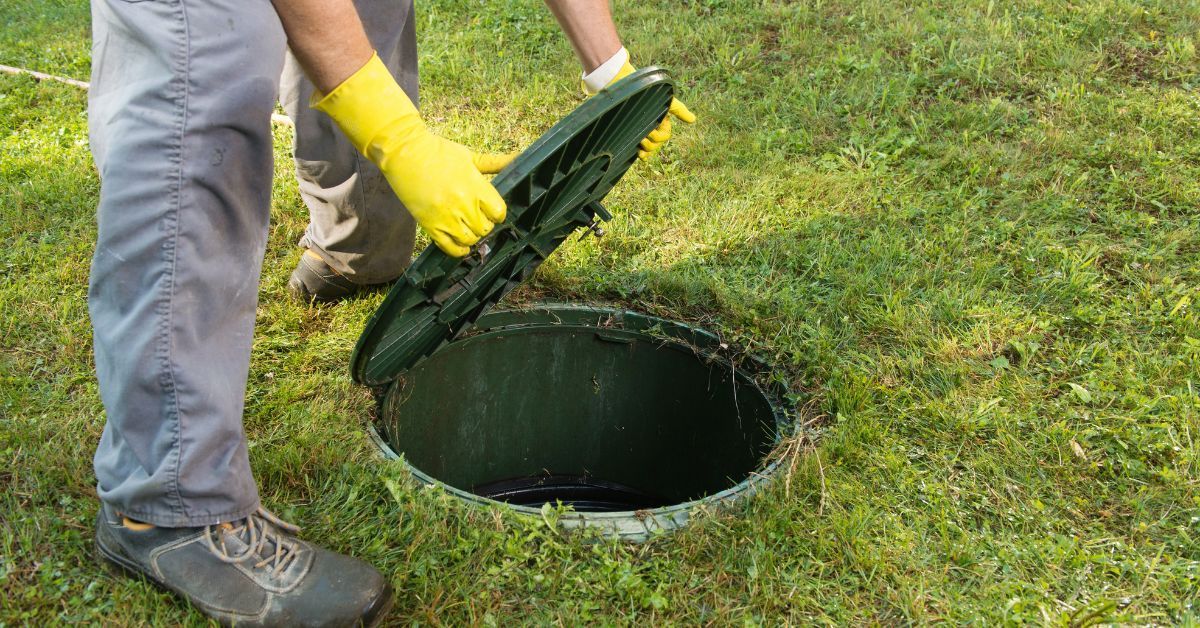
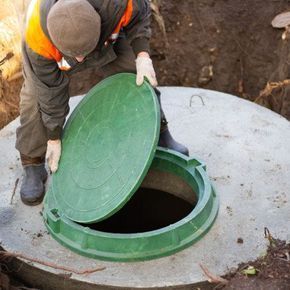
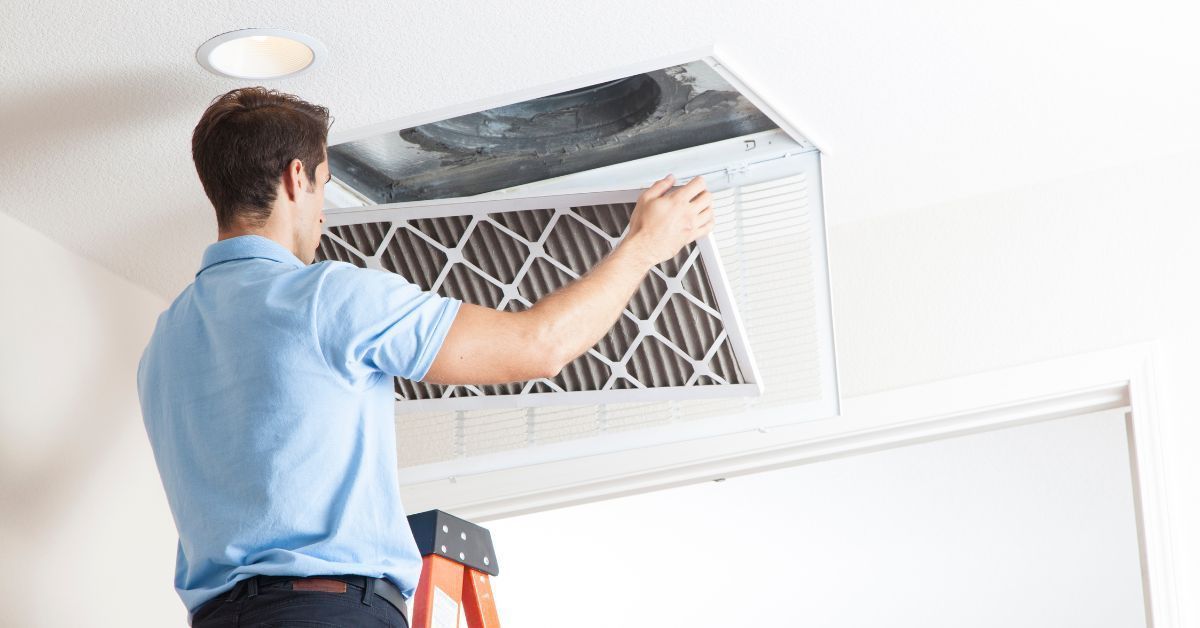

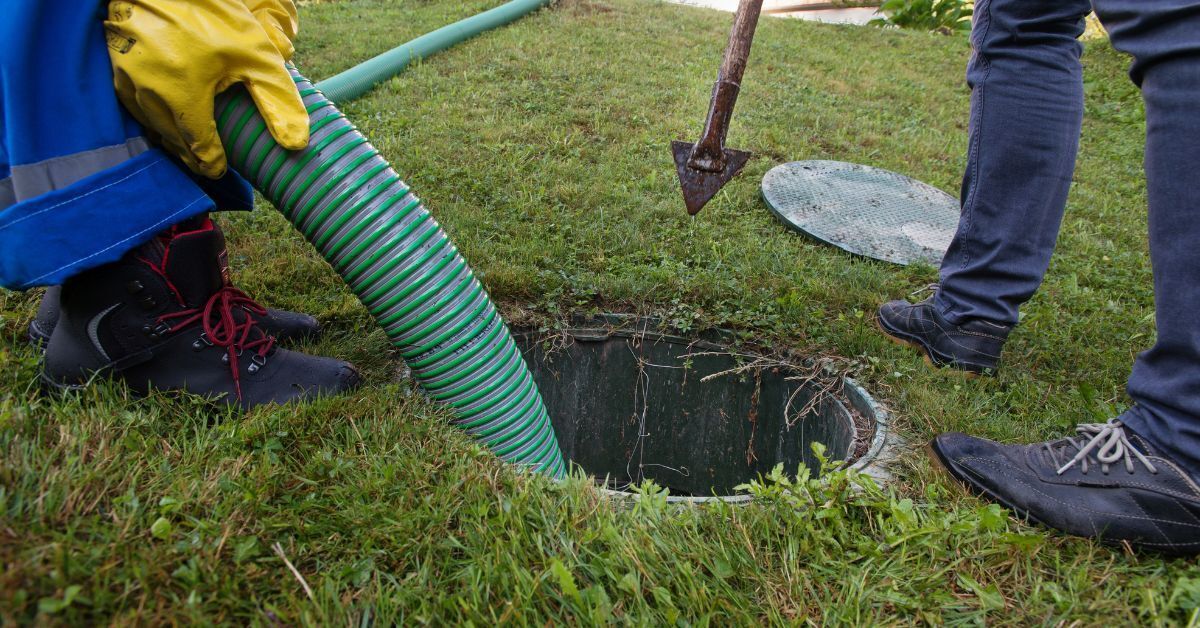
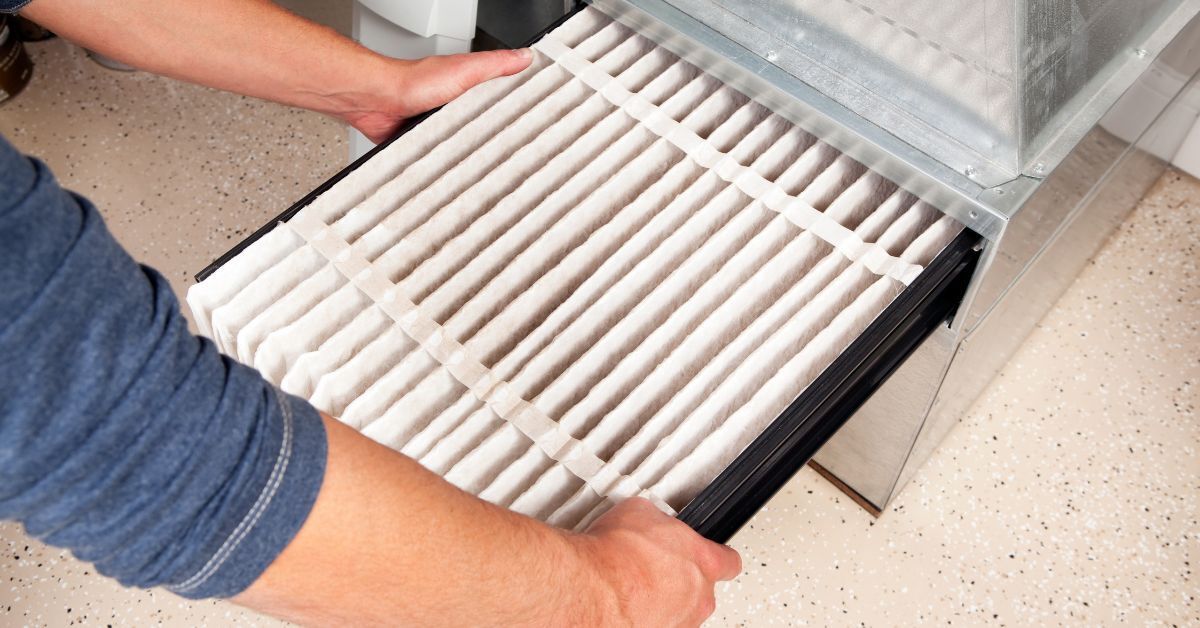
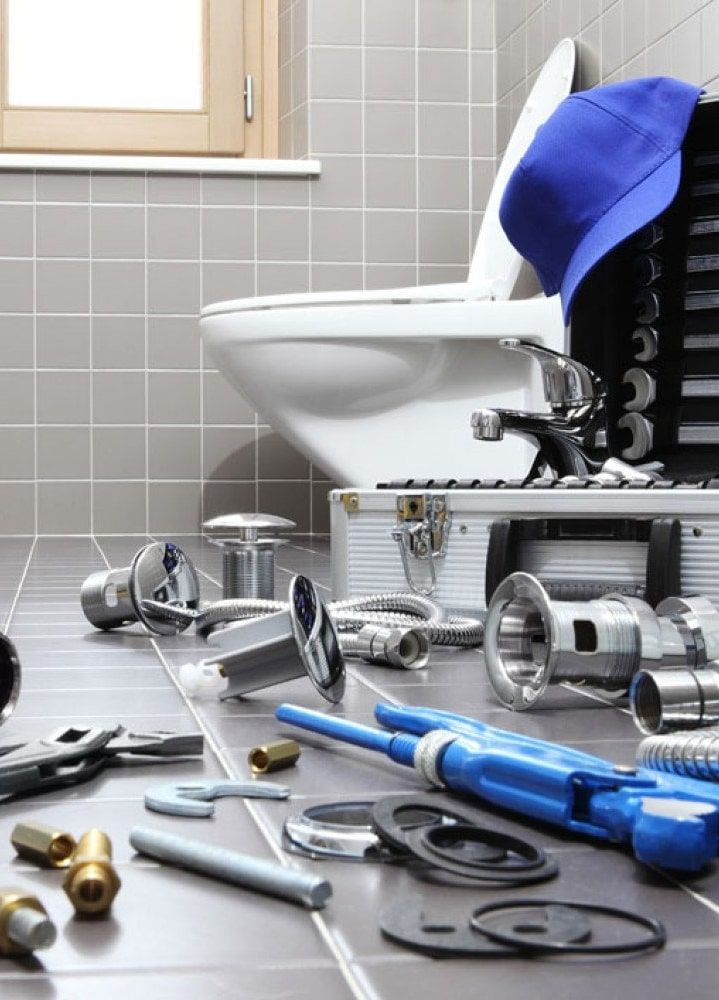
Copyright © 2024 H&H Plumbing Heating & Air, all rights reserved.
Abilene, KS 67410 (785) 263-1339

